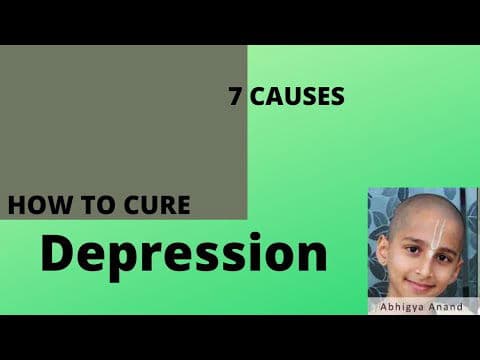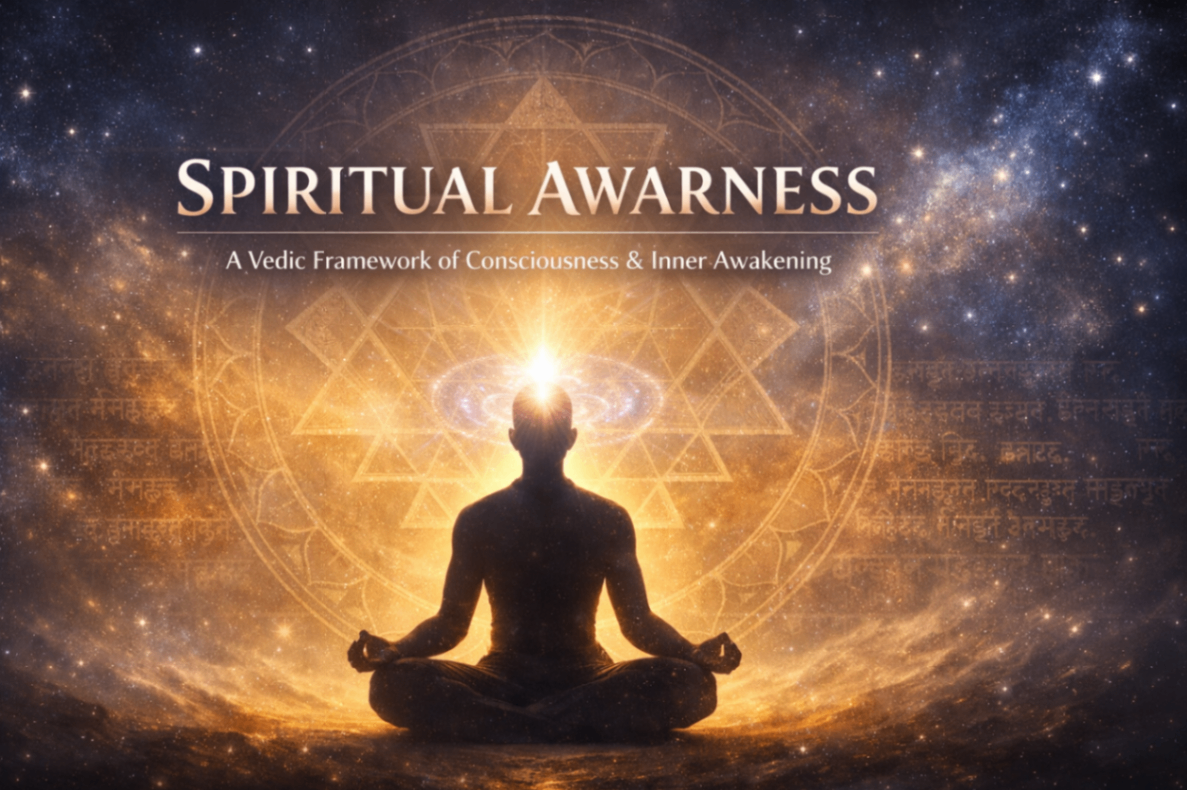```html
Understanding Depression Meaning in Hindi: Causes, Effects, and Holistic Solutions
Depression, or अवसाद in Hindi, is a significant mental health issue affecting millions worldwide. Its not just about feeling sad; its a complex condition that impacts our thoughts, feelings, and daily life. Understanding depression from a Vedic astrology perspective offers a unique approach to addressing its root causes and finding holistic solutions.
Introduction to Depression and Its Causes
Depression is a major global concern, affecting over 264 million people worldwide. Many people quickly turn to medication to manage symptoms, but these often mask the underlying issues without addressing the root causes. Moreover, they can sometimes worsen the condition, benefiting pharmaceutical companies rather than the individuals themselves.
Understanding the meaning of depression in Hindi and its underlying causes can empower individuals to take control of their mental health. It can also help them explore more sustainable and holistic solutions.
Understanding Depression: Top Causes
1. Karma and Its Influence
In Vedic astrology, one of the primary causes of depression is karma. Karma refers to the actions we perform, whether good or bad, and the consequences that follow. This concept suggests that our current mental state could be influenced by our past actions. The universe operates on the principle that every action has an equal and opposite reaction. Therefore, depression could be a result of past negative actions returning to us.
2. Depressive Events
Life is inherently full of ups and downs. Everyone experiences challenges and setbacks, but how we react to these events plays a crucial role in our mental health. Some people have the resilience to overcome these challenges, while others may find it harder to cope, leading to prolonged periods of depression.
3. Urban Living
Modern science and astrology suggest that living in crowded, polluted urban areas can lead to mental health issues. With two-thirds of the global population residing in cities, the lack of natural space, increased pollution, and constant noise contribute to stress and anxiety, which can manifest as depression.
4. Neurological Disorders
Neurological disorders, whether genetic or caused by accidents, are another significant cause of depression. These can be identified through various astrological methods and charts, highlighting how closely the mind and body are interconnected.
5. Bad Food Habits
The phrase we are what we eat is particularly relevant when discussing mental health. A diet high in toxic, junk food can negatively impact our mental well-being. In Vedic astrology, this is linked to the influence of malefic planets affecting our mind and emotions.
6. Type of Mentality
Our mentality plays a significant role in our mental health. Seeking happiness externally rather than finding it within ourselves can lead to depression. As stated in the Bhagavad-Gita, When we seek happiness externally, we become depressed. This highlights the importance of cultivating a positive mindset.
7. Fatalism and Pessimism
Believing in a higher power or purpose can provide a sense of stability and hope, reducing feelings of despair. On the other hand, pessimism and atheism can contribute to depression. According to Vedic teachings, a connection with the divine helps in maintaining mental balance.
8. Inhumane Living Conditions
Living in conditions without basic amenities like fresh air and sunlight can lead to severe depression. A significant portion of the global population lives in such conditions, leading to high rates of mental health issues.
9. Loneliness
Feeling alone is a major cause of depression in todays digital age. The increasing reliance on technology has led to less physical interaction, making people feel more isolated. This is particularly true for children who spend too much time on digital devices, leading to a lack of social connections. A depressed person often feels isolated and disconnected from others, which can exacerbate feelings of sadness and hopelessness.
Symptoms and Diagnosis of Depression
Understanding what depression is and recognizing its symptoms is the first step towards healing. Depression can manifest in various ways, including:
Persistent sadness or low mood
Loss of interest in activities once enjoyed
Changes in appetite or weight
Sleep disturbances (insomnia or oversleeping)
Fatigue or low energy
Feelings of worthlessness or guilt
Difficulty concentrating
Thoughts of death or suicide
A depression diagnosis test can help identify if someone is suffering from depression. Such tests typically involve a series of questions that assess mood, behavior, and daily functioning. It’s crucial for those feeling persistently depressed and alone to seek professional help.
Holistic Solutions to Combat Depression
Addressing depression requires a holistic approach that integrates various aspects of life. Here are some holistic solutions that can help alleviate depression:
1. Belief in a Higher Power
Believing in a higher power can provide comfort and reduce feelings of fear and depression. Vedic astrology emphasizes spiritual consciousness, which is innate in all of us. Connecting with this spiritual side can significantly improve mental health.
2. Daily Prayers
Daily prayers and meditation can offer grounding and mental stability. Scientific research has shown that prayer can improve mental health by reducing stress and anxiety.
3. Surya Namaskara and Yoga
Practices like Surya Namaskara (Sun Salutation) and yoga are ancient techniques proven to improve mental health. They help balance the mind and body, reducing stress and promoting relaxation.
4. Stopping Negative Karma
To avoid the effects of negative karma, its important to focus on performing positive actions. Every action we take has consequences, and positive actions lead to positive outcomes. This concept is central to Vedic teachings and is a powerful tool for improving mental health.
5. Connecting with Nature
Spending time in nature, gardening, and grounding can significantly reduce depression. Our ancestors understood the importance of connecting with the earth, and modern science supports this practice as a way to improve mental health.
6. Detox from Technology
Taking breaks from technology and social media can help alleviate depression. The constant comparison and virtual disconnection can worsen feelings of inadequacy and isolation. A retreat into nature can provide a much-needed respite.
7. Volunteering
Volunteering to help others or clean up natural spaces can transform feelings of worthlessness into a sense of purpose and fulfillment. These activities have profound psychological benefits and are encouraged in Vedic teachings.
8. Animal Therapy
Loving and caring for animals, such as cows, dogs, and cats, has been shown to reduce depression and anxiety. Animal therapy is gaining recognition for its therapeutic effects and is a valuable tool for mental health.
9. Homa and Mantra Chanting
Performing homa, a ritual involving burning beneficial herbs while chanting mantras, can invoke divine powers and improve mental health. This ancient practice is still widely used in Vedic traditions.
10. Herbal Remedies
Certain herbs, like licorice root (yashti madhu), jasmine, and Indian saffron, have been proven to alleviate depression. These herbs can be incorporated into daily routines for better mental health.
11. Maintaining a Good Routine
Having a structured routine and fulfilling responsibilities can prevent depression. Simple habits like waking up early and going to bed on time are crucial for maintaining mental well-being.
12. Avoiding Antidepressants
Avoiding chemical antidepressants, which often have harmful side effects, is recommended. Natural therapies and lifestyle changes offer better, long-term solutions for managing depression.
How to Overcome Depression
Learning how to overcome depression is key to recovery. Here are some steps that can help:
Acknowledge Your Feelings: Accept that feeling depressed is a genuine experience. Understanding and acknowledging your emotions can be the first step to healing.
Seek Support: Don’t isolate yourself. Reach out to friends, family, or a support group. Sharing your feelings can provide relief and support.
Engage in Physical Activity: Regular exercise releases endorphins, which can boost mood and energy levels.
Set Small Goals: Accomplishing small tasks can provide a sense of achievement and help build momentum for larger goals.
Practice Mindfulness and Meditation: These practices help calm the mind and can be particularly effective in reducing anxiety and depressive symptoms.
How to Get Out of Depression
Getting out of depression can be challenging, but it is possible with the right approach:
Professional Help: Consider therapy or counseling to understand and address the root causes of your depression.
Lifestyle Changes: Adjusting your diet, sleep patterns, and daily routine can have a positive impact on your mental health.
Medication: In some cases, medication may be necessary. Always consult with a healthcare professional to explore this option.
Stay Connected: Maintain social connections and engage in activities that bring joy and fulfillment.
Classic Texts and Depression in Vedic Astrology
According to classical Vedic texts, depression is often associated with the imbalance of the Moon in ones horoscope. The Moon governs the mind and emotions, and any afflictions to it, such as being conjunct with malefic planets like Saturn or Rahu/Ketu, can lead to depressive tendencies.
Texts like Brihat Parashara Hora Shastra mention that an afflicted Moon, especially when combined with a weak Sun (which represents vitality and self-esteem), can make a person prone to mental health issues. Prasna Marga also highlights that the Moons placement and the aspect of malefic planets can lead to mental disturbances and depression.
Fasting and Depression Relief
Fasting on full and new moon days, consuming only fruits and milk, can help improve mental health. This practice aligns with the moons influence on our well-being and is often recommended in Vedic traditions.
Conclusion
Depression is a complex issue, but understanding its causes and implementing holistic solutions can lead to better mental health. By integrating spirituality, nature, routine, and positive actions into our lives, we can overcome depression and lead fulfilling lives. Sharing these insights with others and supporting those in need can make a significant difference in our communities.
May these holistic approaches bring peace and happiness to all.
```















